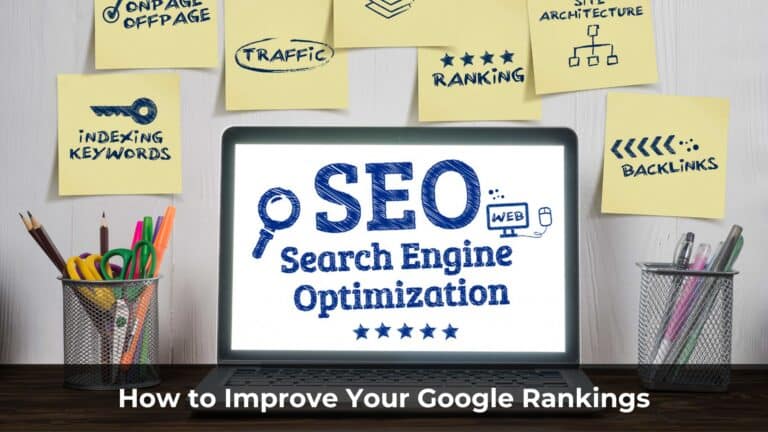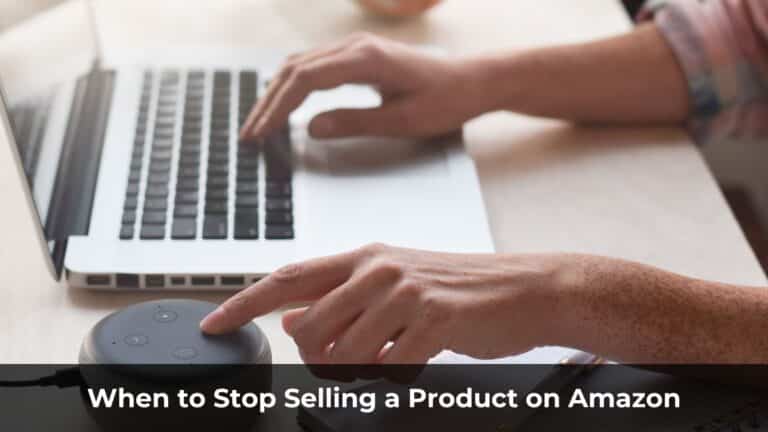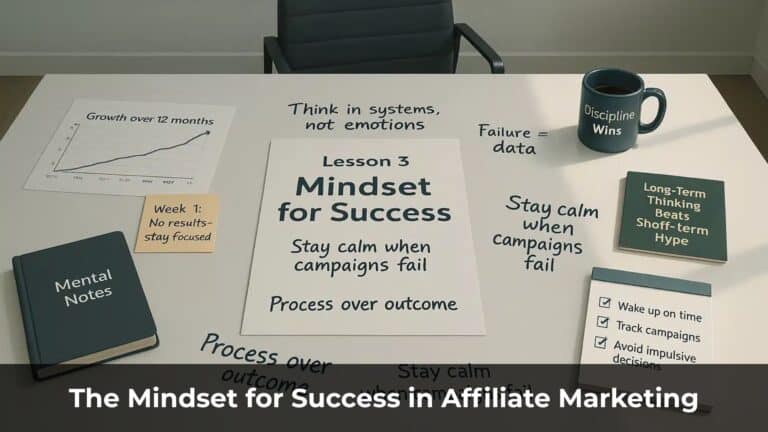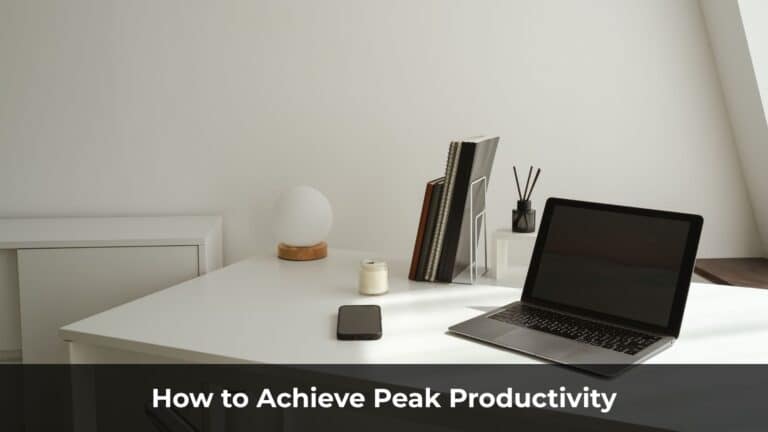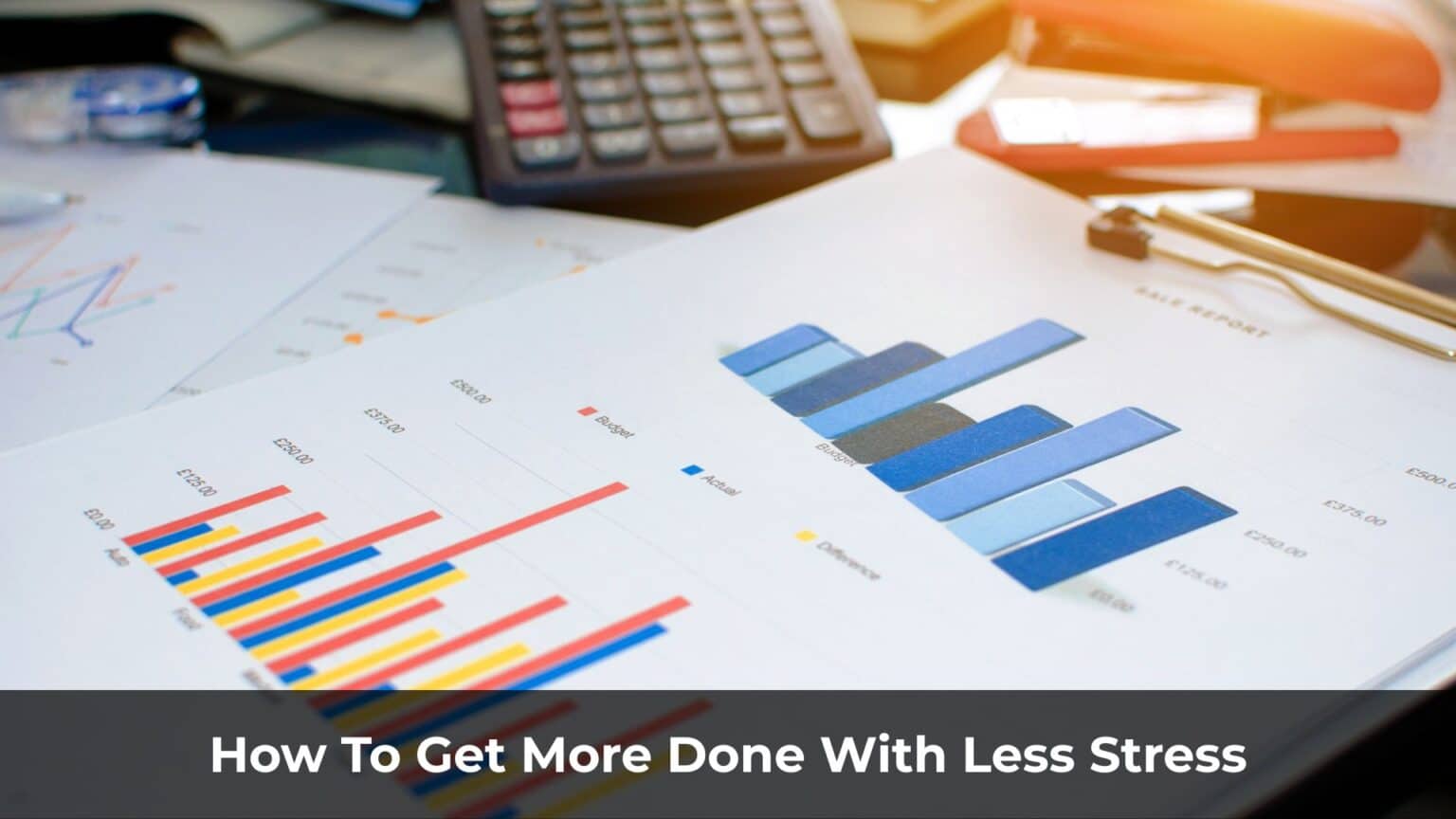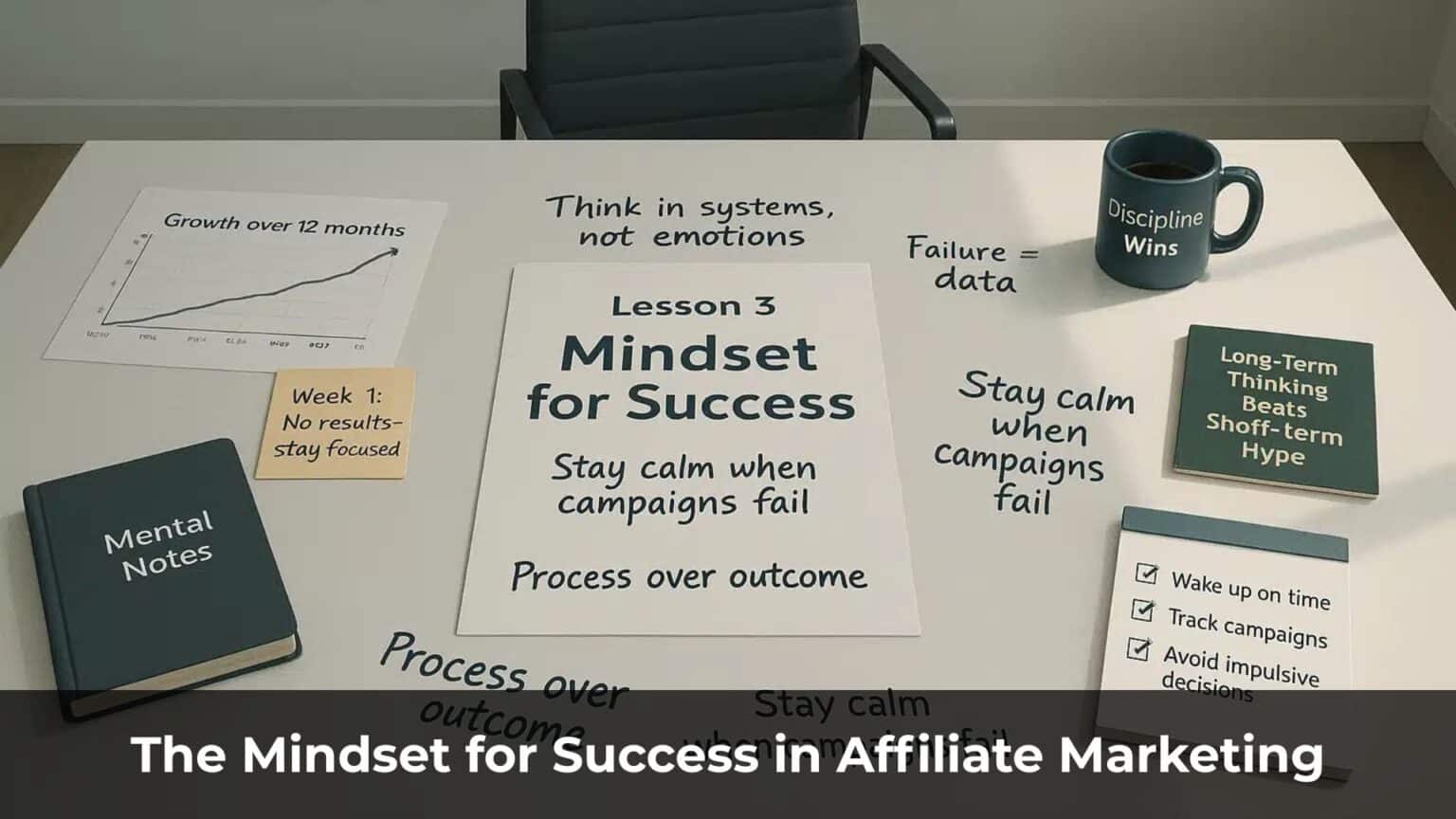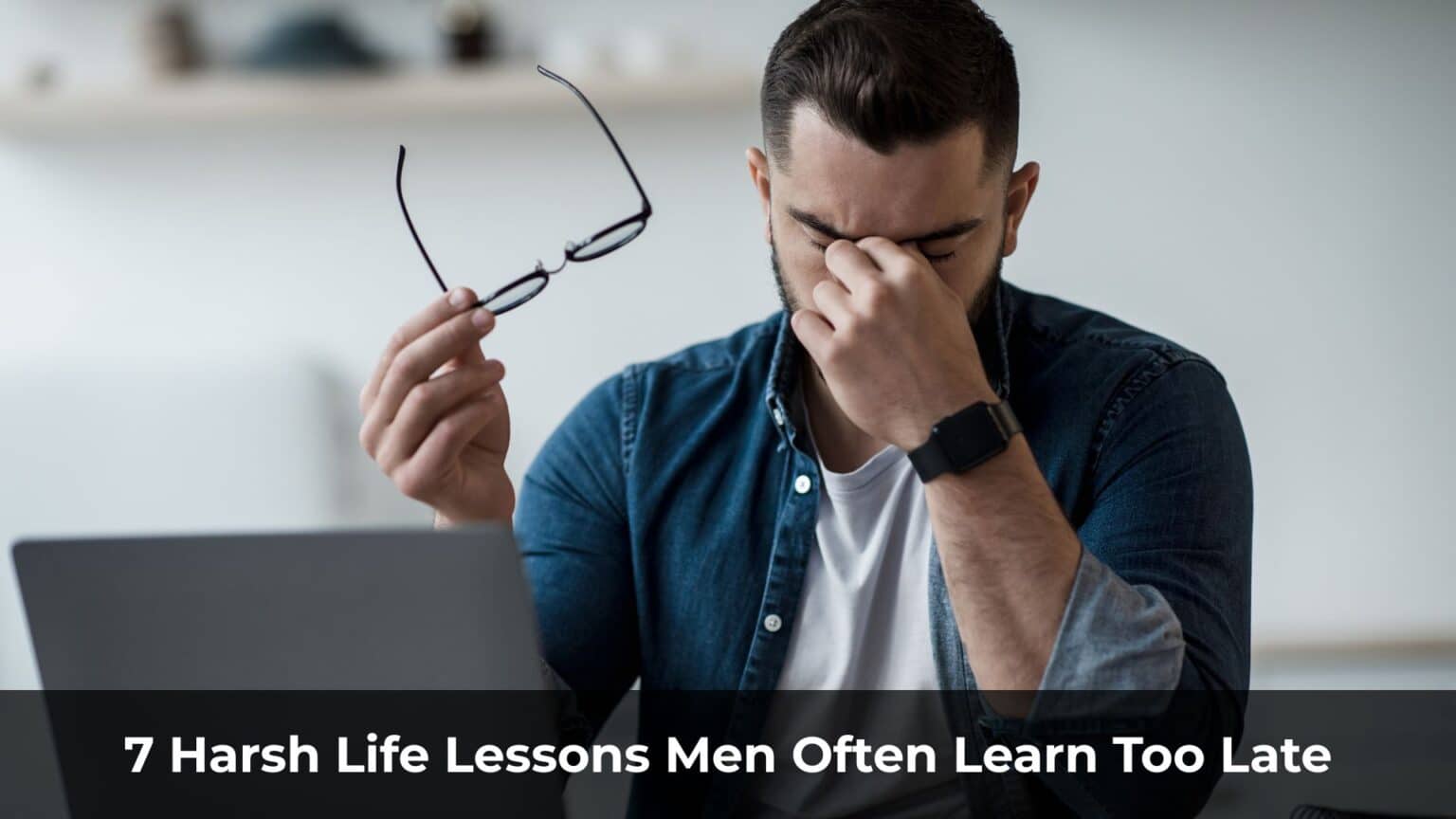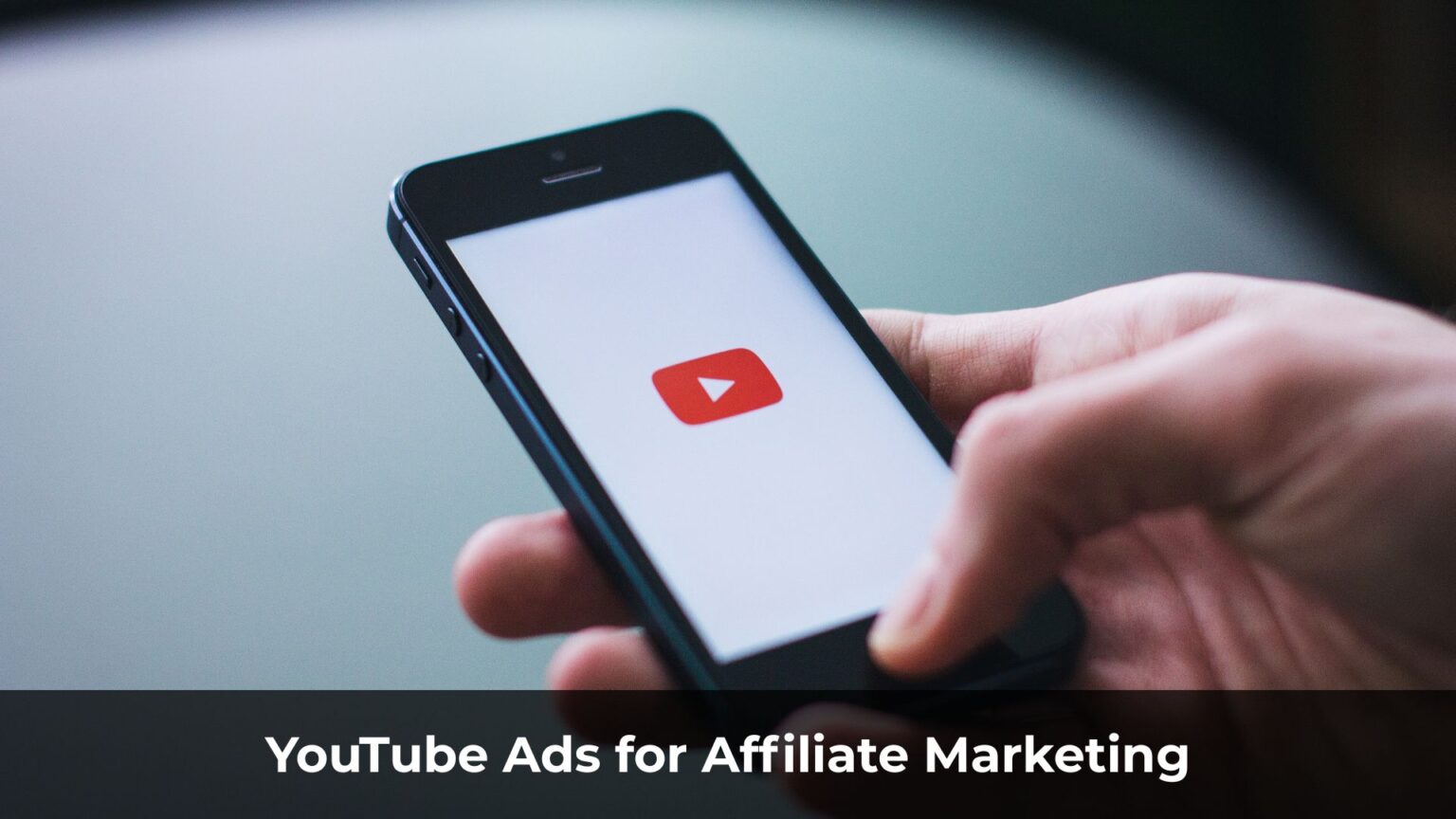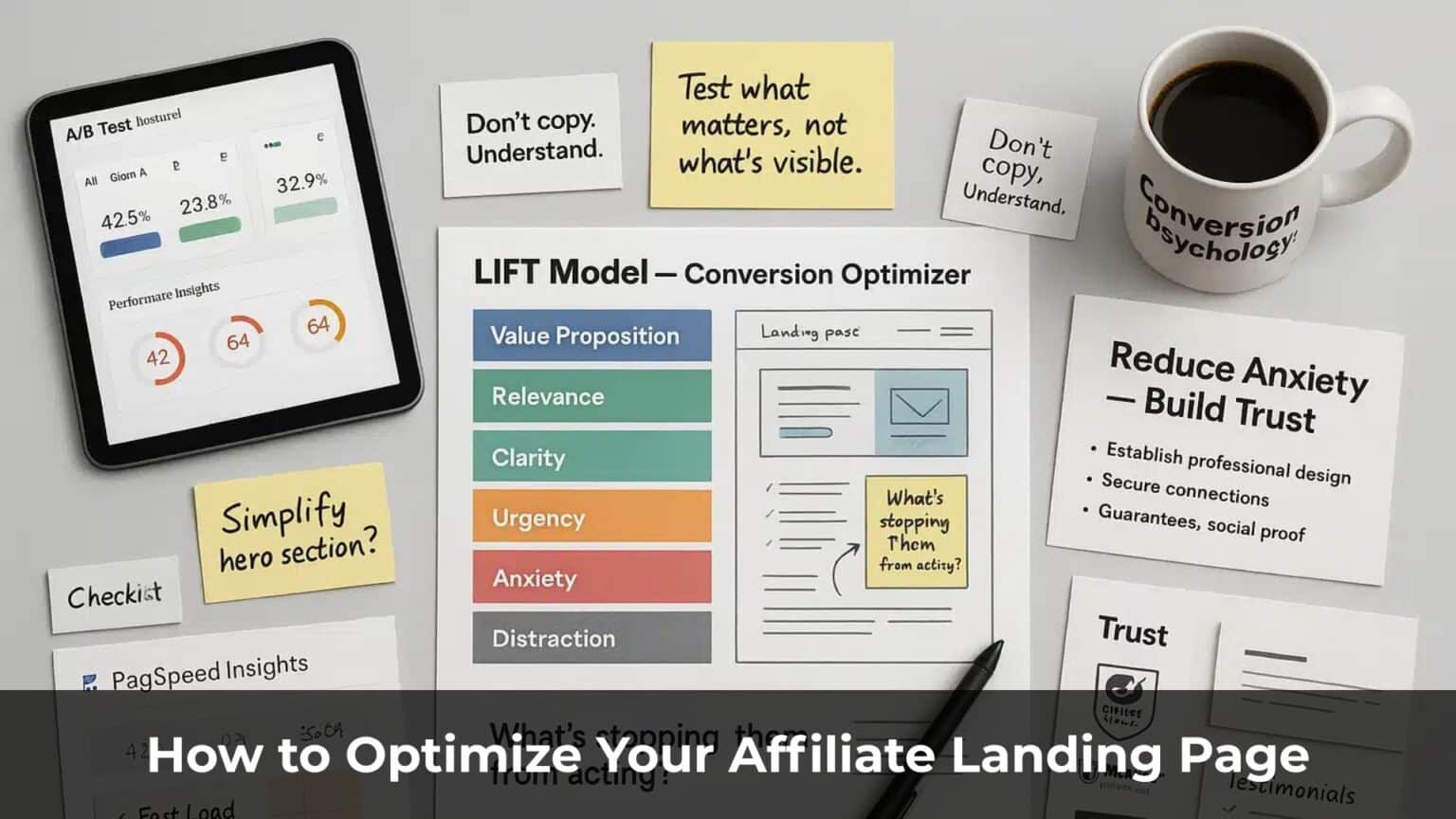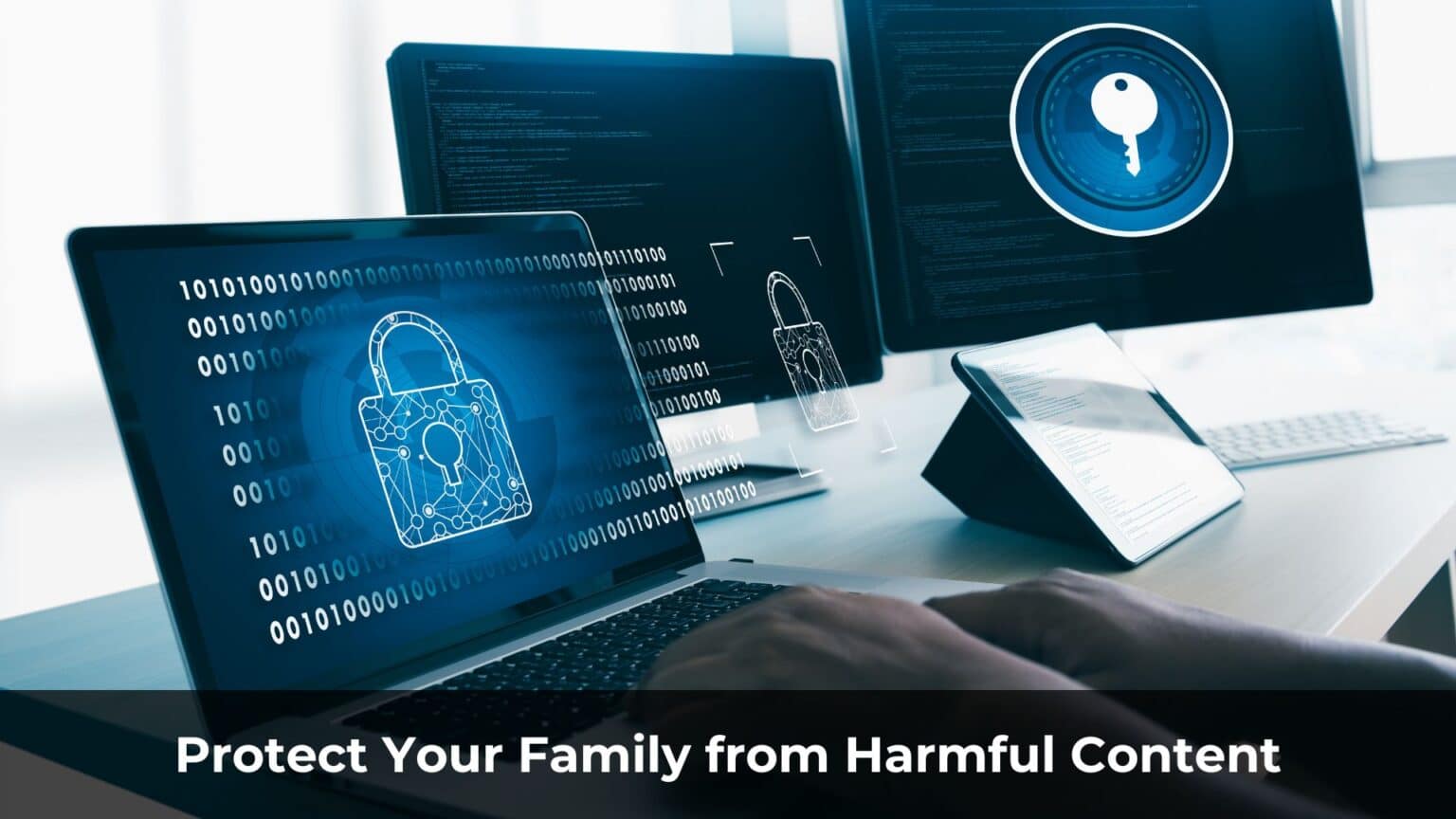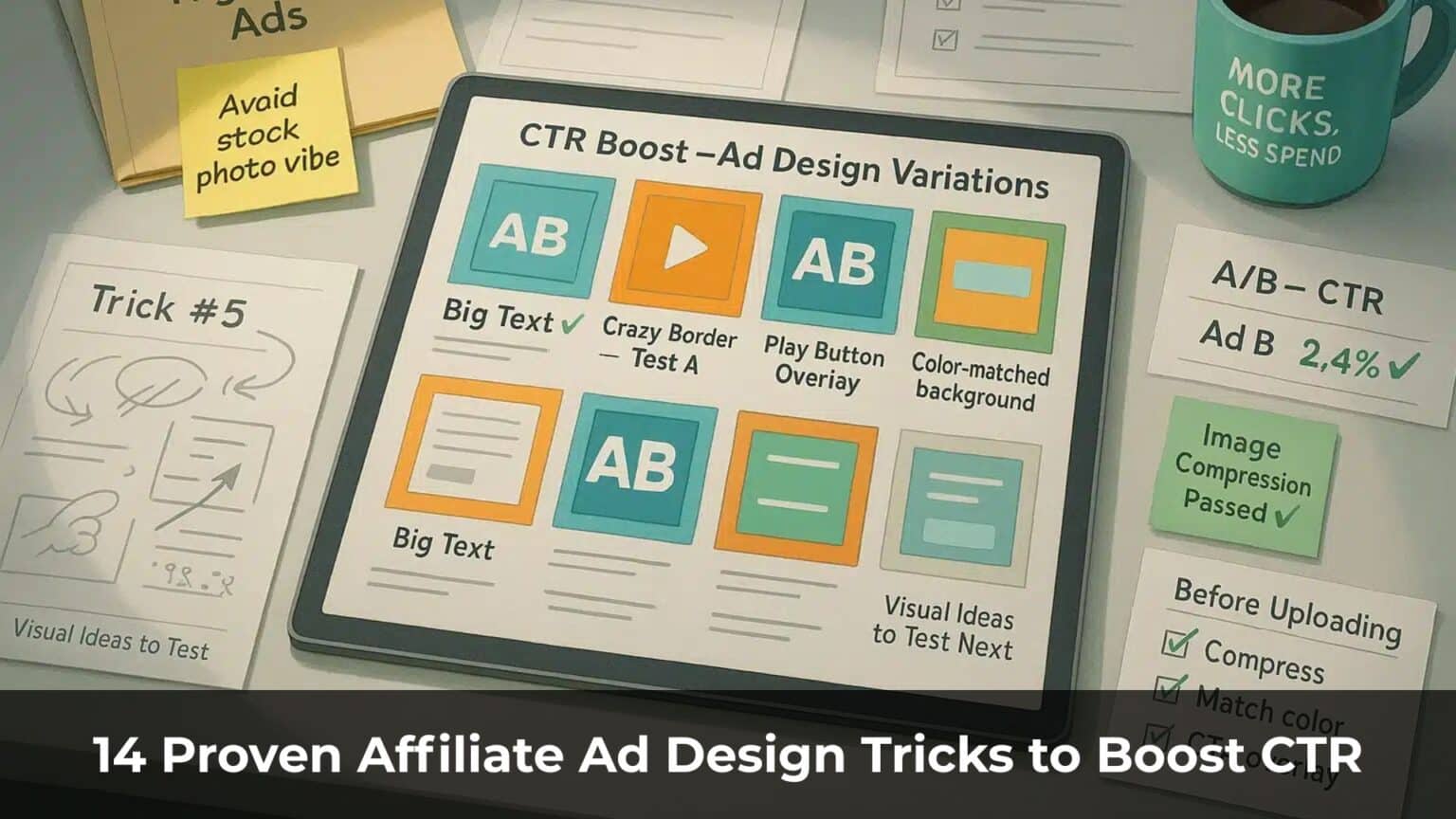You’ve heard it before: “You have to spend money to make money.” Sounds simple — until it’s your own money on the line.
The truth is, investing in affiliate marketing can be terrifying, especially when your budget is tight and you’re unsure if you’re doing it right.
I’ve felt that sting — losing hundreds of dollars with nothing to show for it, and no one around to tell me it’s going to be okay.
But over time, I realized that fear wasn’t the real problem — my thinking was.
Table of Contents
ToggleThe Mindset Shift That Changed Everything
I still remember those early days running paid traffic. I didn’t have the patience for slow-growth methods like SEO. I wanted results, fast.
I saw top affiliates spending thousands of dollars a day and pulling in even more. I wanted to be in that league. But I quickly realized: there are thousands trying to do the same… and most of them don’t make it. Fear — especially the fear of losing money — holds people back. And this fear comes in many forms.
Some folks jump out of planes for fun. Others fight in cages as MMA fighters. They’re clearly not cowards — but they still freeze when it comes to risking money online.
Here’s what you need to understand: your body doesn’t like change. It loves comfort. It’s easy to keep scrolling Facebook, to keep playing games, to keep doing what’s familiar.
But if you want to grow, you have to push through the discomfort. You have to think differently.
What follows are some mindset shifts that have helped me break through this fear — and stay in the game for over a decade.
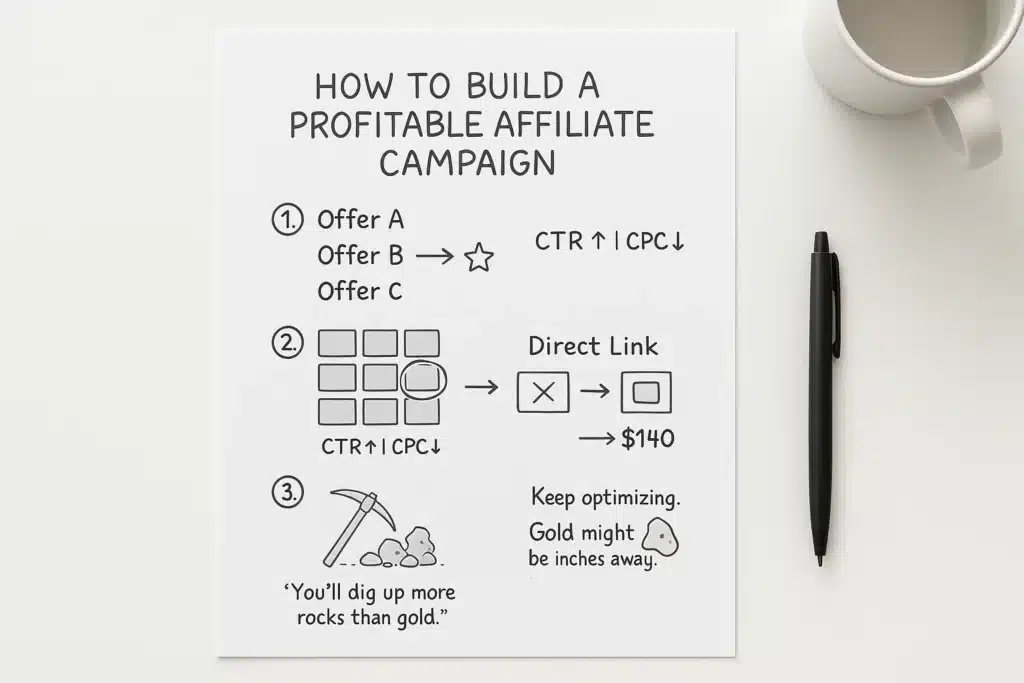
The Process Behind a Profitable Affiliate Campaign
First, you need to understand what it really means to run a campaign. Most beginners just jump from one offer to another, hoping to stumble upon something profitable.
They don’t follow a process. They don’t have a method. They rely on luck.
Let’s imagine a typical campaign scenario:
You launch a campaign and collect some data. Maybe you spend $100 and only make back $30. At this point, many people quit — they see the numbers and abandon ship. But that $30 is a signal: it means the offer is converting.
Test 1: You test five different offers. After some spend, you discover that Offer C performs the best. So you send all your traffic to Offer C. Your numbers improve — now you’re spending $100 and earning $60.
Test 2: You test 10 different ad creatives. Two of them perform well. Your CTR goes up, your CPC goes down. Now you’re breaking even — $100 in, $100 out. That’s progress. But you’re not done.
Test 3: You compare direct linking vs. a landing page. The landing page performs better. You funnel all your traffic through it. Now you’re spending $100 and making $140. That’s profit.
This is how it works. You test. You optimize. You test again.
Sometimes you get lucky and hit a winning campaign on Day 1 — but most of my most profitable campaigns? They failed hard in the early test phases.
Building a winning campaign is like digging for gold. People think you just strike the ground and instantly hit gold. But in reality, you’ll dig up a lot more rocks than treasure.
Your job is to keep digging. Keep optimizing. Even when all you find is dirt — because the gold might be just a few inches away.
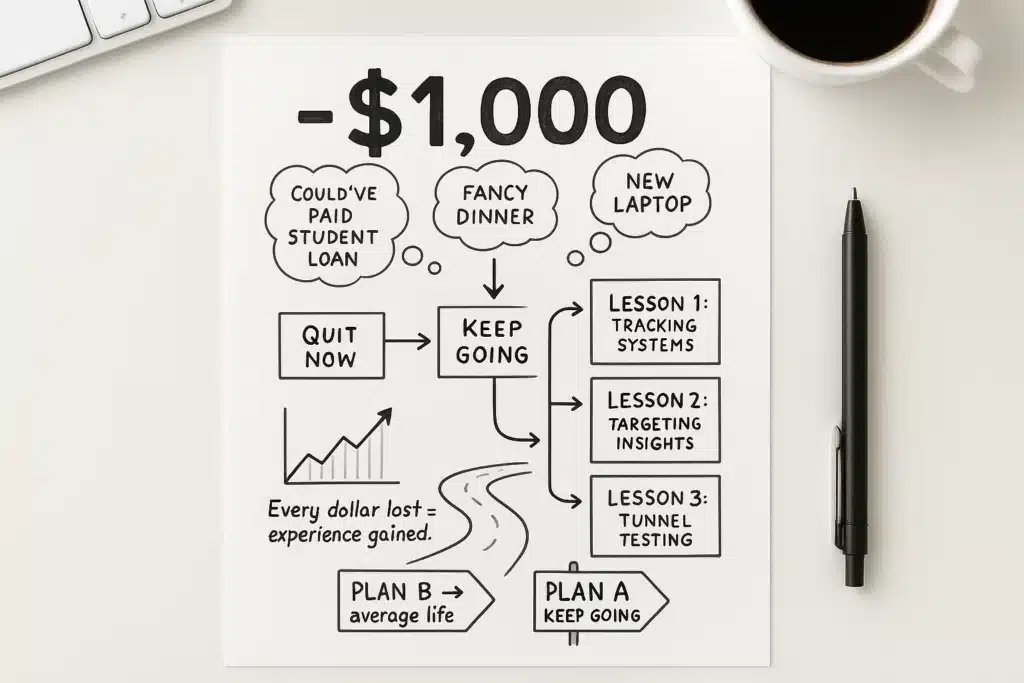
Reframing the Losses
The first time I lost $1,000 in a campaign, I was ready to quit. I was frustrated, angry — and my mind spiraled into all the “what-ifs.”
“If I hadn’t lost that $1,000, I could’ve paid off some student debt. I could’ve treated my girlfriend to a fancy dinner. I could’ve bought a new laptop…”
I stood at a crossroads: I could accept defeat, tell my friends I “gave it my best,” and walk away.
Or — I could keep going.
I chose to keep going. Not because it was easy, but because I didn’t want all that effort to be for nothing.
I realized something important: every dollar I lost was a lesson. I was learning systems, gaining insight, building experience. And if I just kept at it, I’d eventually figure it out.
The truth is — I didn’t have a Plan B.
It was either make money online, or live a painfully average life.
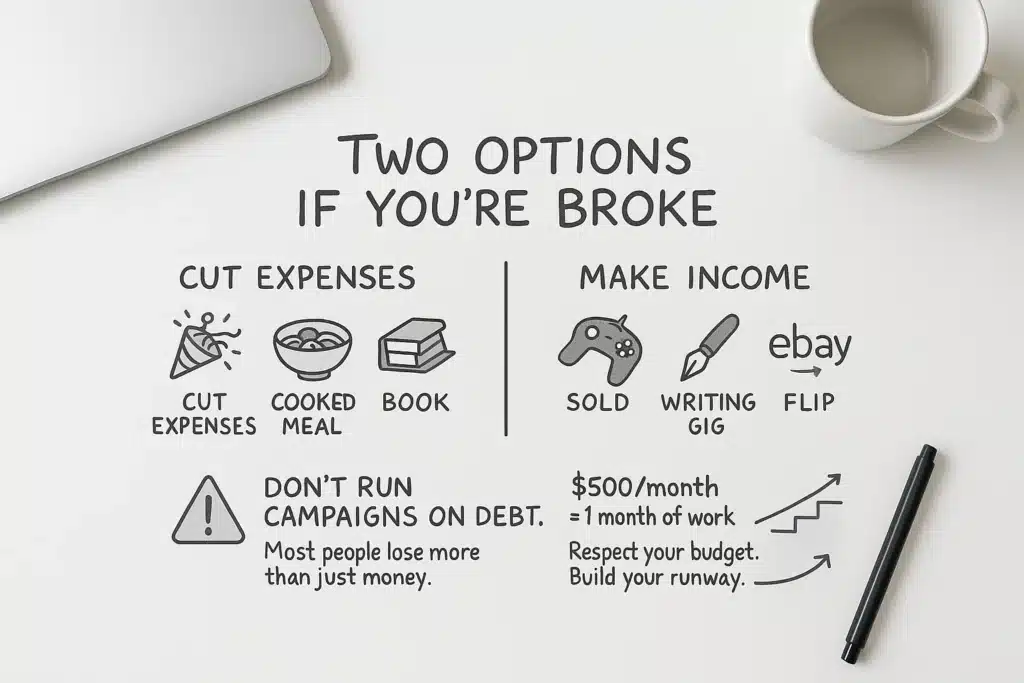
What If You Don’t Have the Money?
I get it. Right after college, I wasn’t exactly rolling in cash either.
After rent, car payments, student loans, and all the other bills… I barely had enough left to survive.
That left me with two options:
Cut expenses or find smarter ways to make money.
Cutting expenses meant no weekend outings, cooking at home, hunting for coupons, and reading books instead of gaming.
It wasn’t glamorous, but it gave me breathing room.
Making more income meant getting creative.
I sold stuff I didn’t need — like my Xbox. I picked up freelance writing gigs. I flipped items on eBay for profit.
One thing I never did: spend money I didn’t actually have.
I’ve seen too many beginners run campaigns on credit cards or borrowed cash, hoping to pay it all back once they “hit a winner.”
Most of them just end up broke — with nothing to show for it but maxed-out cards and frustration.
Save your money. Build your runway.
Back then, I was spending $500 a month. That’s not much — but at the time, it took a full month of work to earn it.
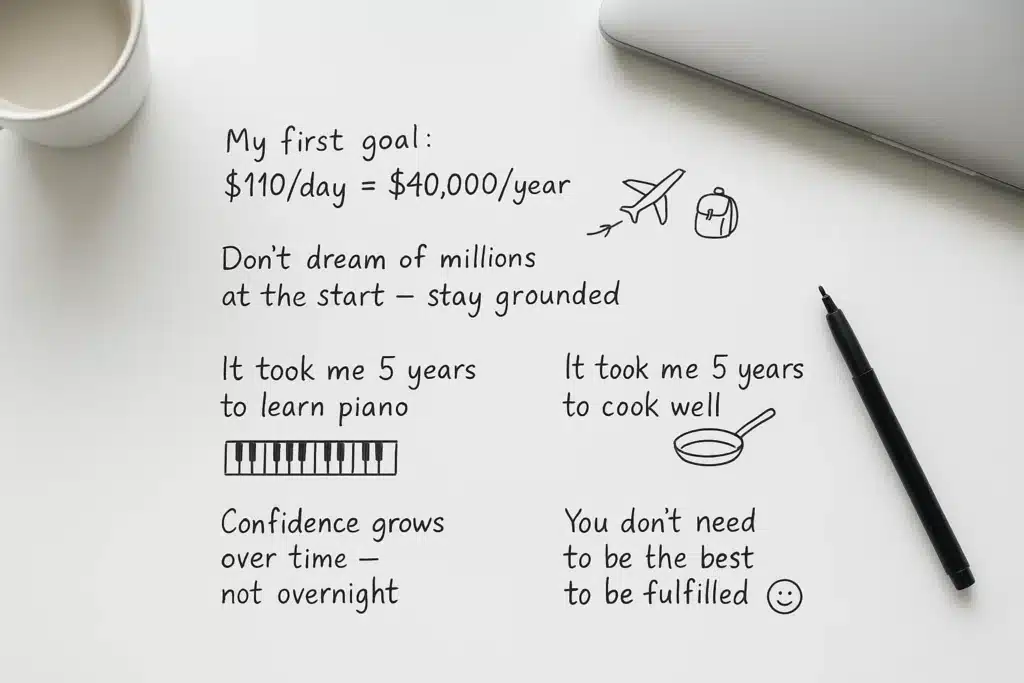
Full Confidence Didn’t Happen Overnight
Today, I’m fully confident as a full-time internet marketer. But in the beginning, I set the bar low — on purpose.
Back then, success stories weren’t everywhere like they are now. I wasn’t dreaming of Lambos or penthouses.
All I wanted was to make $40,000 a year so I could travel around to Tier 3 countries and live simply.
I crunched the numbers and figured I needed to make about $110 a day. That felt doable.
Sure, I know a lot of people aim for massive goals — but I prefer goals that feel realistic, not overwhelming.
If I had set my goal at $1 million in year one, I probably would’ve been scaling losses instead of profits.
Another thing: you need to give yourself time.
When people meet me now, they assume I’m naturally skilled at everything. But that’s just not true.
It took me five years to get decent at cooking — now I’m pretty good.
It took me five years to learn the piano — and I still play like an amateur, but I enjoy it.
Am I the best at any of these things? Not at all.
But here’s the truth: you don’t need to be the best to live a happy, fulfilling life.
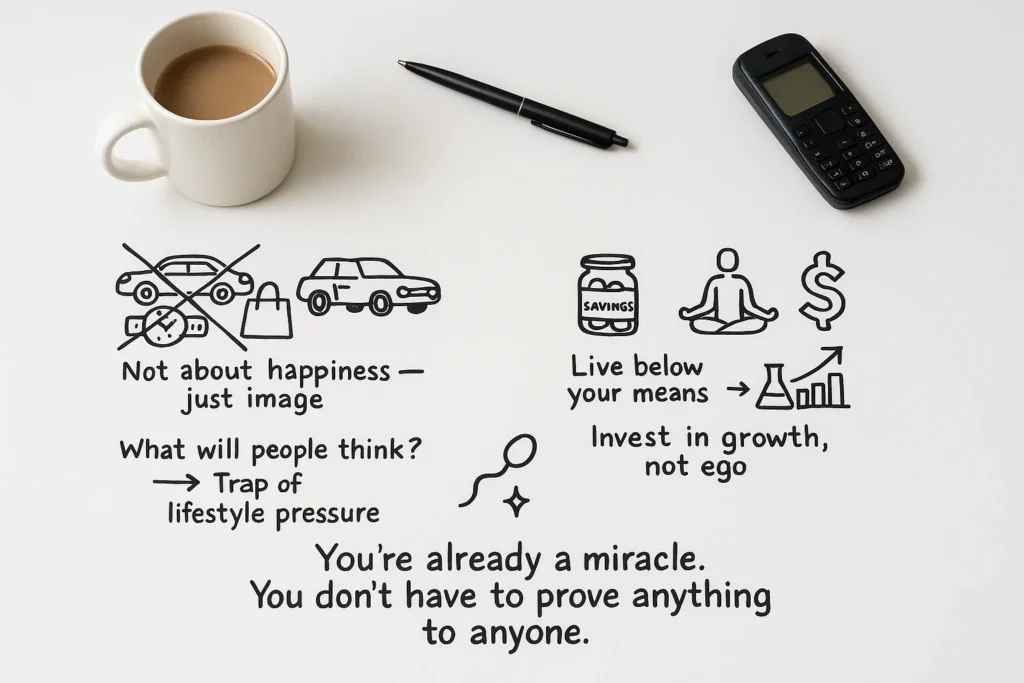
Embrace a Simple Life
Many people are terrified of losing money — not just because of the financial hit, but because it threatens their current lifestyle.
They worry what others will think.
They feel pressure to look successful — so they spend on nicer clothes, trendy gadgets, flashy cars, nights out at expensive bars.
It’s not really about happiness — it’s about image.
But here’s the thing: the more you’re tied to maintaining a certain lifestyle, the harder it is to take bold risks — like launching a campaign or investing in your growth.
Some of the most successful affiliates I know live way below their means.
They don’t try to impress anyone.
They drive older cars, skip luxury vacations, and put their money into bigger opportunities — testing new campaigns, buying data, hiring talent.
Why? Because they’re playing the long game.
And remember this: the money you earn does not determine your worth.
Your value as a human being isn’t tied to your income, your possessions, or your social media flex.
You’re already a miracle.
You won the race against 250 million other sperm just to be born.
You don’t have to prove anything to anyone.
Why Take the Risk?
Why risk the money I worked so hard to earn?
Why take such a leap when failure is a real possibility?
For me, internet marketing wasn’t just a career path — it was my last hope.
I didn’t want to wake up every day just to grind away for someone else’s dream.
I didn’t want to be trapped in a cycle of paychecks and bills.
I didn’t want to live a life where Sunday was my only day to breathe — and regret was waiting for me at the end of the road.
I wanted freedom.
I wanted control.
I wanted a life I could design, not one I had to settle for.
And for that — I had to be bold.
There was no other way forward.
So I made peace with the risk, embraced the process, and bet on myself.
Because if you’re not willing to fight for your dream, who will?

